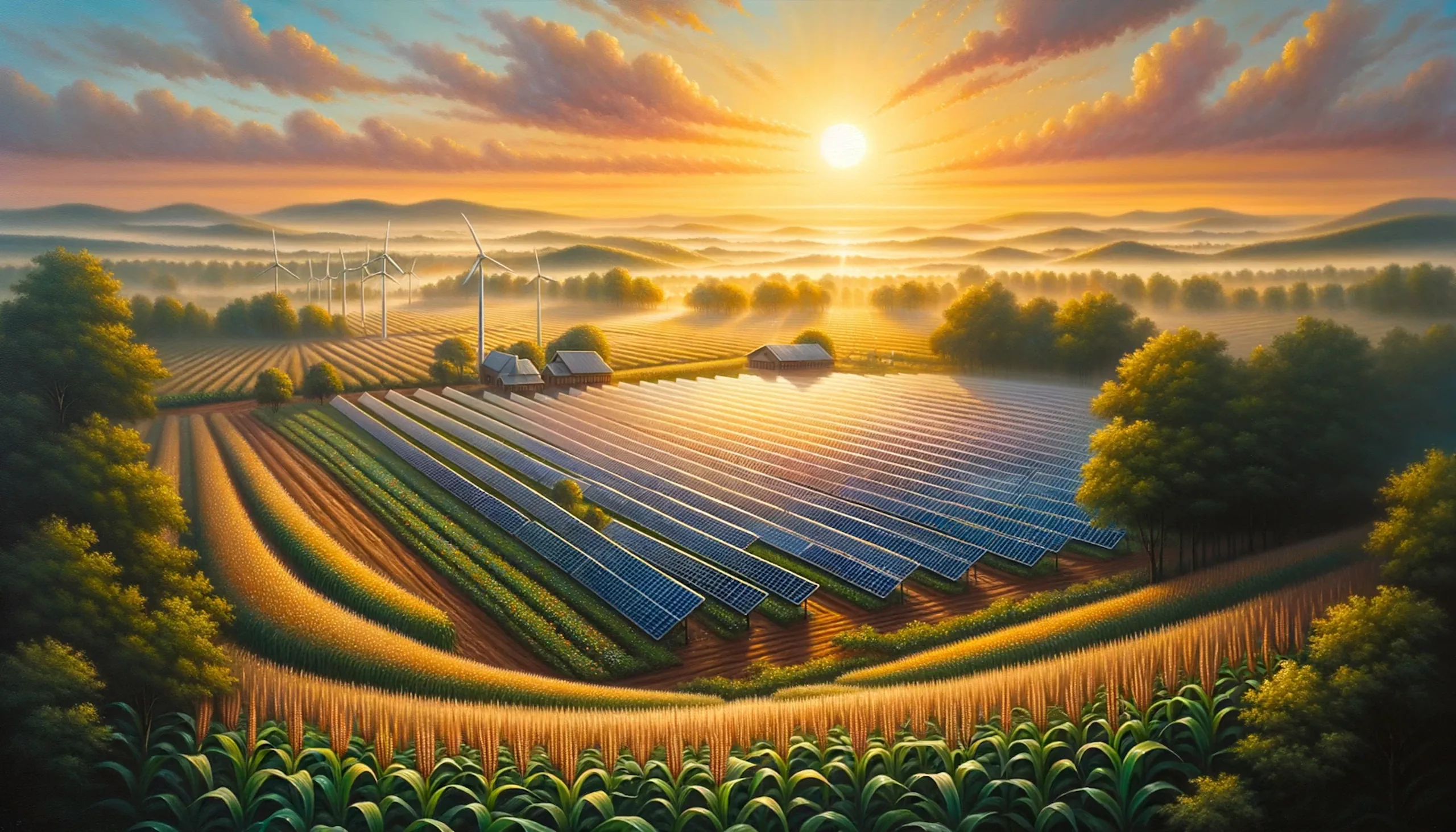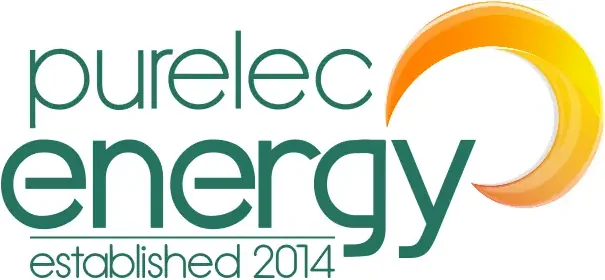
If you follow the news, you may have heard recently that the Prime Minister, Rishi Sunak is set to restrict the installation of solar panels in the UK.
As always, there’s more to the story than the headlines suggest, so our team has looked into the reports about the proposed solar power policy to make sense of exactly what’s going on.
Misleading Headlines Could Do More Damage Than The Policy Itself
At first glance, the headlines are shocking and, in our view, dangerously misleading. The way they are written suggests the policy will impact any and all solar panel installations. We have found that, whilst it does appear that the PM is making plans to restrict solar panel installations, this will primarily affect larger scale installations on farms and will not affect most homeowners or businesses that are looking to install panels on their premises.
The policy is said to be motivated by concerns about food security. The changes would empower planning officials to deny applications for solar projects that they believe could jeopardise food production.
Whilst the proposed changes are mainly aimed at farmland, the short sighted nature of the news headlines could be enough to put off businesses and homeowners interested in embracing solar energy. That being said, the move may still signal a shift in government policy that could eventually impact domestic and commercial solar panel installations as well, so it’s worth keeping an eye on future developments.
The Proposed Solar Power Policy May Affect Renewable Goals
If passed, the new regulations would be part of an amendment to the National Planning Policy Framework (NPPF). Although the restricted nature of the policy will be a relief to many home and business owners, critics argue that this could hinder the UK’s progress towards its climate goals. This comes at a time when there’s an urgent need to transition from fossil fuels to renewable energy sources like solar power. The International Energy Agency (IEA) recently underscored the importance of expanding solar technology to meet global climate targets.
Balancing Act Between Food Security and Climate Goals
Whilst the government’s concern about food security is valid, it’s worth noting that currently, solar farms occupy only 0.1% of land in the UK, which is less than that occupied by golf clubs. The new solar power policy could not only delay the UK’s decarbonisation efforts, but also discourage homeowners who are looking to solar power as a sustainable and cost-effective energy solution.
What Now For Homeowners and Businesses?
As we have discussed in this article, there is no immediate impact for most commercial and residential properties. However, this shift in policy could be an indication of future plans that may make it more difficult to install panels, so it may be worth making a move sooner rather than later.
Find Out More
Switching to solar power is a sound investment that reduces your impact on the environment whilst saving money on energy bills. If you would like to find out more about how renewable energy can help you, then fill out our contact form and one of our Yorkshire based team will be in touch.
